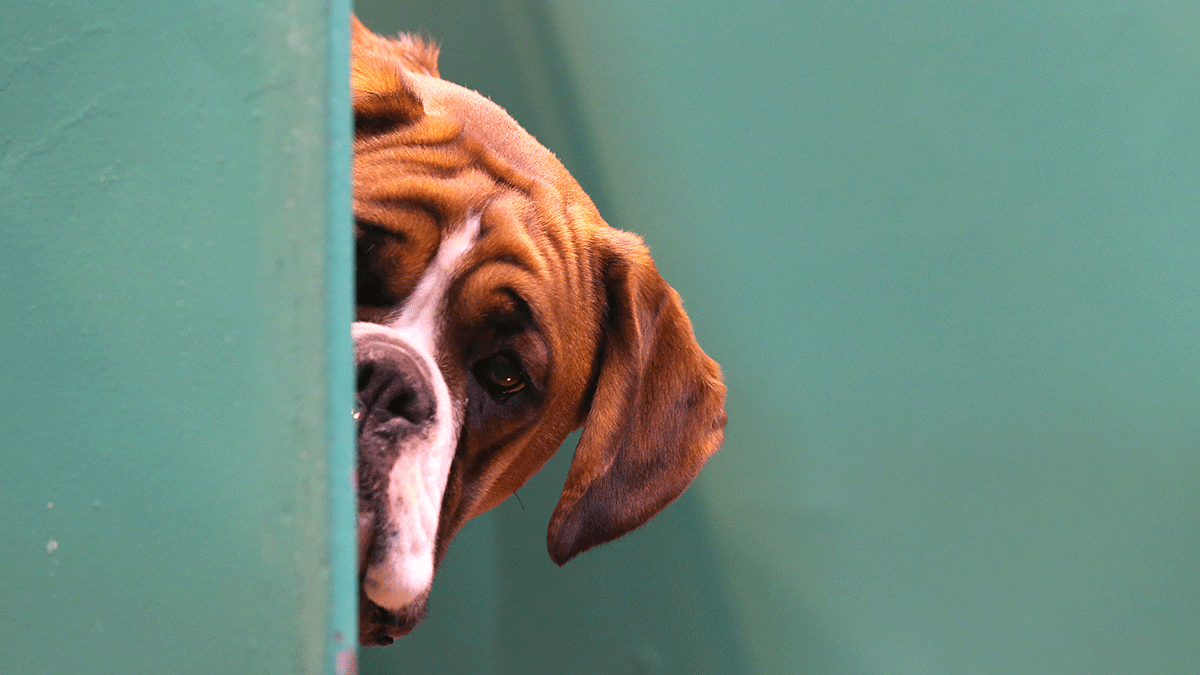Starbucks is joining the national conversation about race in the latest sign that corporations are trying to tie their brands to big social issues.
The coffee chain known for its Frappuccinos says it will elaborate on the plans at its annual shareholder meeting Wednesday in Seattle. Already, workers at its U.S. stores have been told to write "Race Together" on cups and the company plans to start publishing "conversation guides" on the topic.
Some customers have already started the conversation at a Southern California Starbucks in Torrance.
"I think it’s hard for people to talk about race in general," Donna Bender said, a Starbucks customer. "You know it brings up a lot of emotional stuff for certain people."
The decision has sparked a backlash on social media, with people saying it's opportunistic for a coffee chain to try and inject itself into such an important issue. But it comes as corporate executives say customers are drawn to companies that project some sort of feel-good image or embrace positions on social causes.
"I felt a burden of personal responsibility," Howard Schultz said, CEO of Starbucks.
At the annual meeting for Yum Brands Inc., the company that owns KFC, Taco Bell and Pizza Hut, CEO Greg Creed said in December that fast-food chains must to evolve from being perceived as "impersonal and industrial" to being able to "demonstrate that we do care."
News
Top news of the day
Laura Ries, a branding consultant based in Atlanta, said that addressing big important, issues of the day has also become a way for companies to make themselves a part of the conversation. Otherwise, nobody is sitting around on Twitter discussing brands, she said.
Dove soap has generated widespread praise for its campaign celebrating "Real Beauty" by featuring women who don't look like the typical models. Always, which makes products for women, also got praise for an ad that ran during the Super Bowl seeking to empower young girls. But those were messages that had ties to the products.
People, however, don't associate their morning coffee with race.
"There's nothing wrong with talking about race relations," Ries said. "But is it something people naturally associate with Starbucks? It's not."
Some customers agreed with Ries’ comments.
"I think we need to talk about it, but I don’t know if it needs to be talked about on your morning coffee," Bender said.
While other customers disagreed and thought the topic of race needed to be discussed not only at Starbucks but also at other food and coffee chains.
Inserting itself into national issues is not new territory for Starbucks. In late 2012, the chain asked workers to write "Come together" on cups to send a message to lawmakers about stalled budget negotiations.
And in 2013, the chain placed newspaper ads saying that firearms were not welcome in its cafes after they became the site of gun rallies. But the company stopped short of an outright ban.
CEO Howard Schultz said at the time that Starbucks was neither for nor against guns, underscoring that even a company that wants a voice in national conversations, it must avoid alienating customers, regardless of their political or social views.



